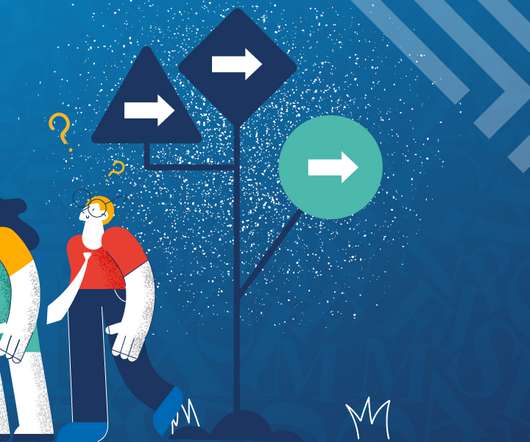Understanding Learning Consulting and Why You Should Go for It
Infopro Learning
OCTOBER 26, 2023
This is where the Learning and Development (L&D) department steps in, evolving from a traditional training approach to a strategic cornerstone. Prioritizing continuous learning and upskilling is crucial for driving organizational success. Projections suggest that by 2027, this percentage is anticipated to double.



























Let's personalize your content